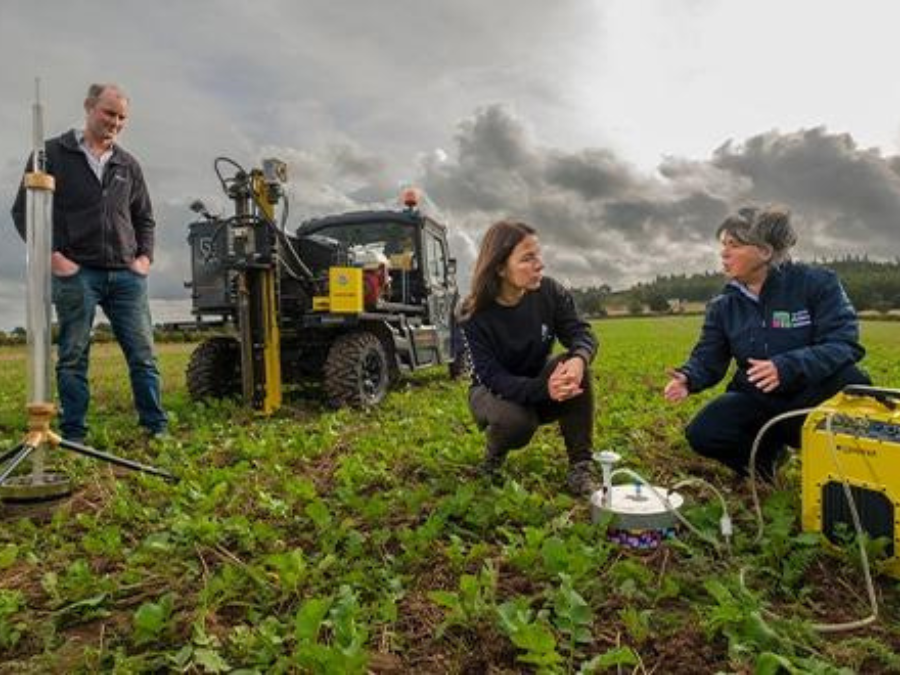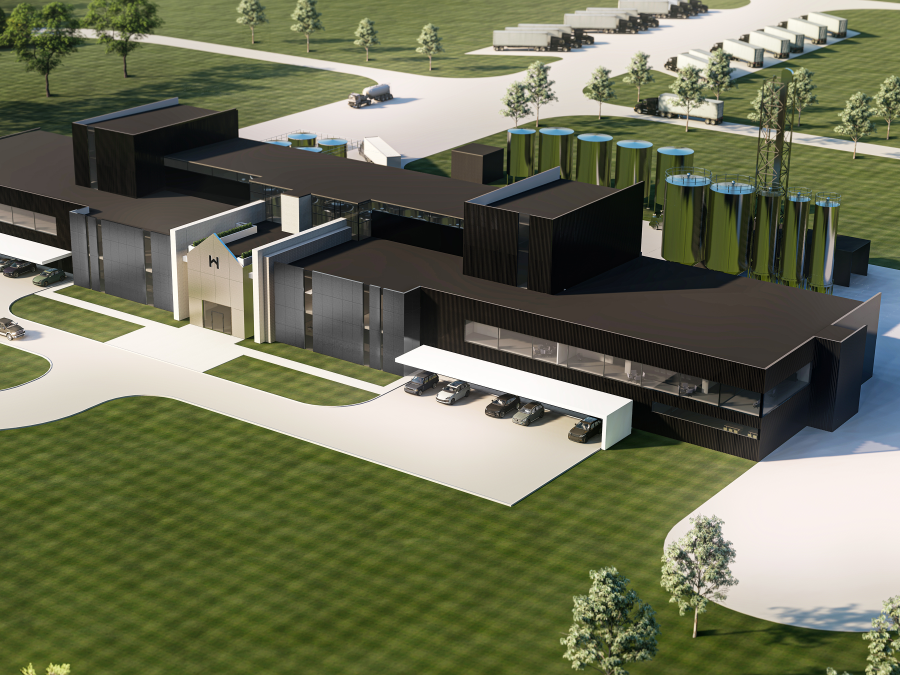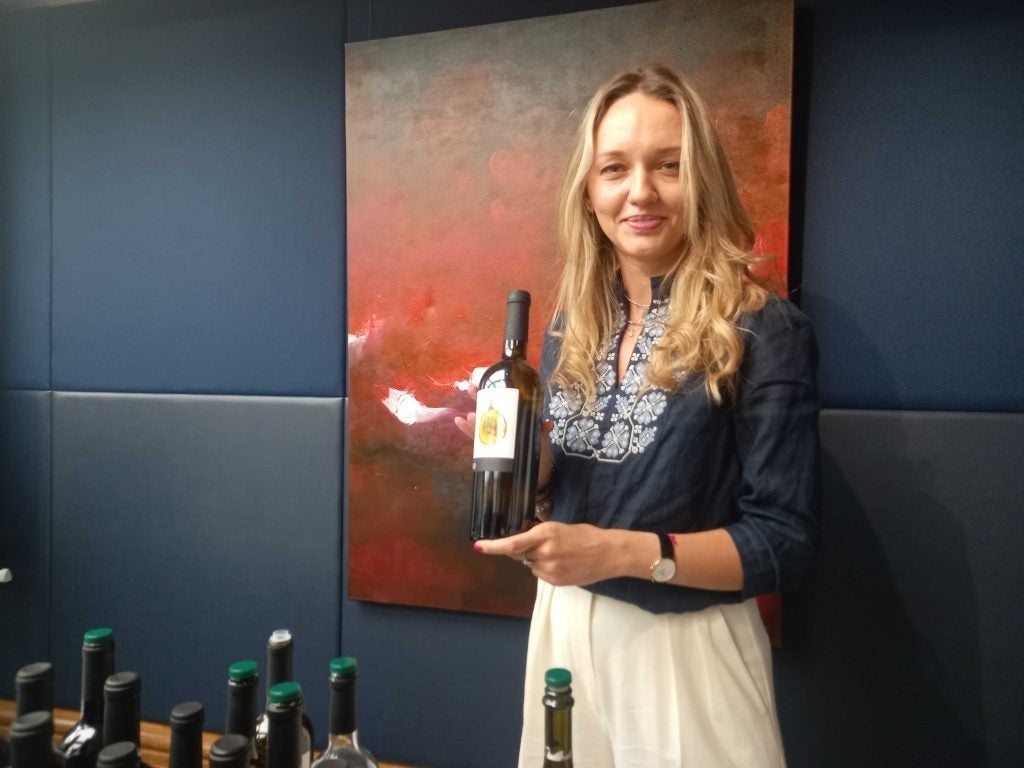Diageo is undertaking two regenerative-agriculture projects targeting wheat and barley grown in Scotland and Mexican agave farming.
The initiatives are hoped to help the group tackle its scope-three emissions by adopting farming practices that boast of “enhanced” biodiversity support, improved water control and soil management.
In Mexico, the Tequila-focused agave regenerative agricultural pilot will build on “local knowledge” to create sustainable practices, as well as conducting measurements on how agave holds carbon during its seven-year growth cycle. The agave plant has the ability to draw CO2 from the air and is known to be a high-yield source of biomass in desert regions.
The first leg of the Scottish programme involves 20 farms that are connected to Diageo’s supply chain for its Johnnie Walker, Talisker and The Singleton whisky brands, which are located in key wheat and barley sourcing regions. The pilot will examine “locally adapted practices” including cover crops, reduced cultivations and crop rotations.
Diageo said both pilot projects will seek to teach farmers how to adapt their work in order to respond to climate change and environmental pressures.
Both initiatives are being done in “partnership” with soil-analysis company Agricarbon and the Scotland-based private-research arm of the James Hutton Institute.
“The Scotch Whisky and Tequila brands have such a strong connection to their local communities, and as we build increased resilience and productivity across our end-to-end supply chains, we are building broader partnerships to enhance the impact of regenerative farming practices at scale,” Ewan Andrew, Diageo’s chief sustainability officer, said.
Last year, Diageo’s Guinness division started a pilot regenerative farming project in Ireland, aimed at reducing the carbon emissions of barley production.
The three-year pilot involves around 40 farms in Ireland and sees the group work with Irish agronomists and major agricultural suppliers such as Glanbia, Comex McKinnon and Boortmalt.
Writing for Just Drinks in September, environmental journalist David Burrows noted: “There are five principles that tend to underpin regenerative agriculture: don’t disturb the soil; keep the soil surface covered; keep roots living in the soil; grow a diverse range of crops; bring grazing animals back to the land. Definitions are therefore loosely aligned but the details can be hard to come by.
“It all sounds great but there are already fears regenerative agriculture will become a phrase used by marketers to greenwash rather than a true overhaul of a clearly broken system.”
Last year, Diageo unveiled proposals for a €200m ($200m) carbon-neutral brewery in Ireland. The Kildare brewery will operate using 100% renewable energy and will feature unspecified water and energy-saving technology, according to the group.















